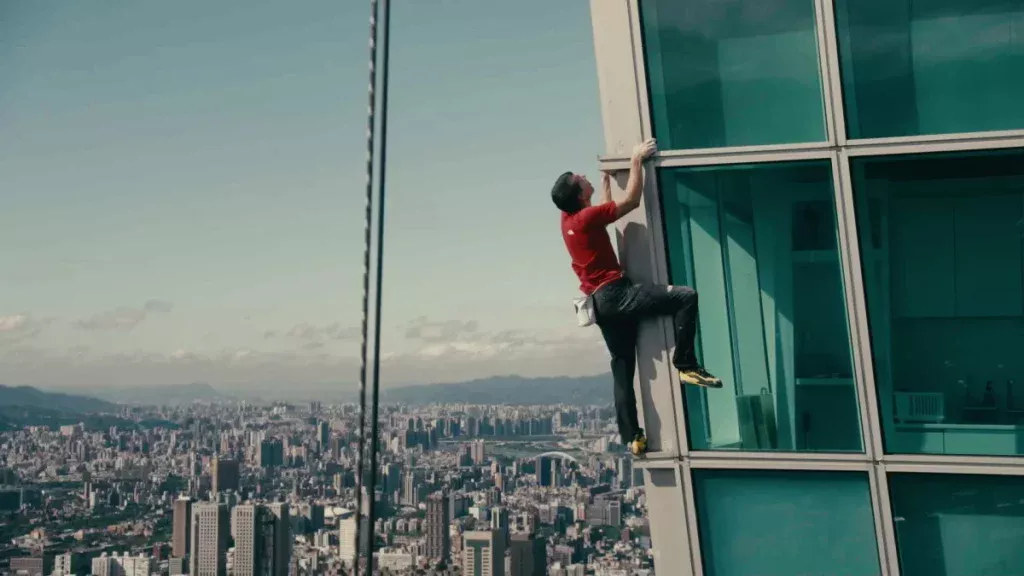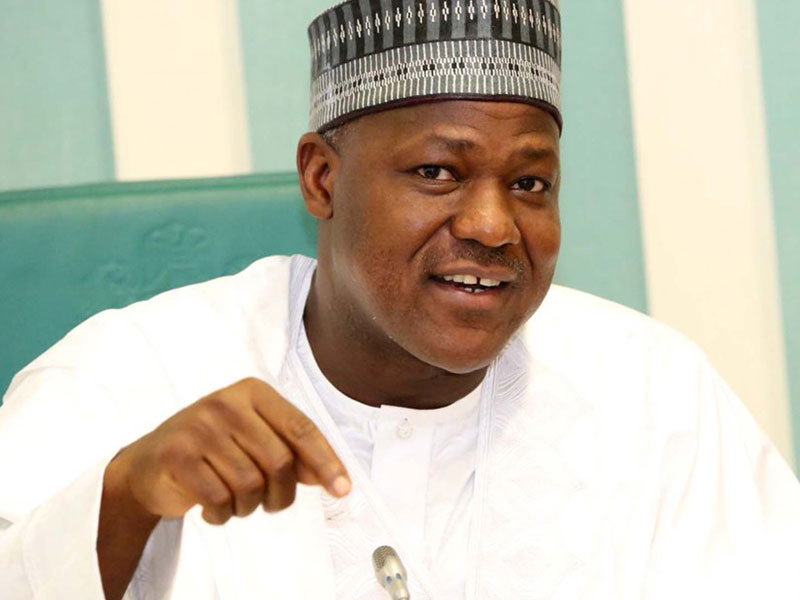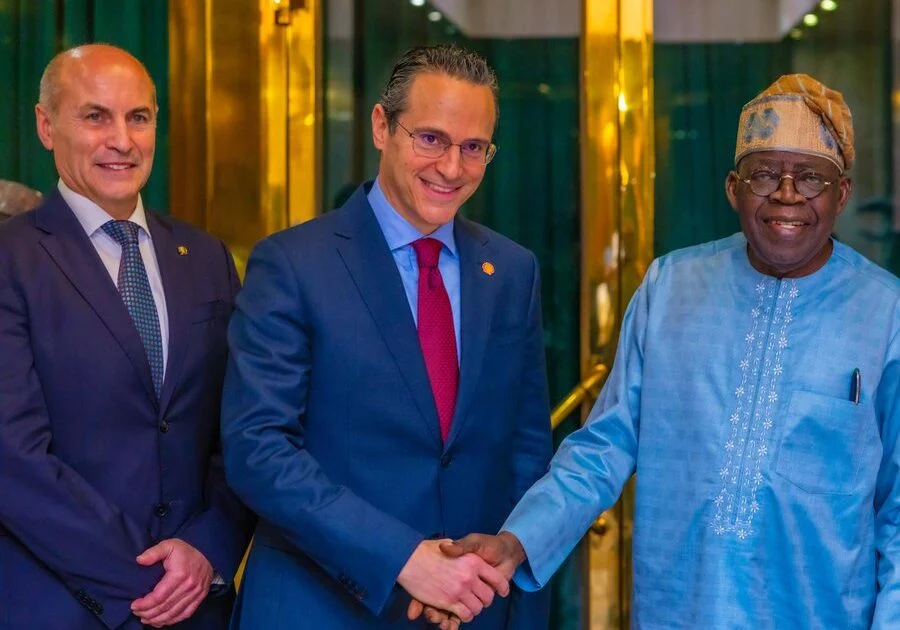Tunisian tennis star Ons Jabeur has announced a temporary hiatus from professional tennis, citing a need to prioritize her physical and mental well-being after a challenging period marked by setbacks and health struggles. The 30-year-old, once ranked world No. 2, revealed her decision following an early exit from Wimbledon last week, where she retired from her first-round match due to breathing difficulties amid record-breaking heat at the tournament.
Jabeur, who reached consecutive Wimbledon finals in 2022 and 2023, has seen her ranking plummet to No. 71 this year after battling persistent injuries and undisclosed personal challenges. In a candid social media post, the three-time Grand Slam finalist admitted she had “not felt truly happy on the court for some time,” adding that this break would allow her “to breathe, to heal, and rediscover the joy of simply living.”
Her withdrawal from Wimbledon marked a stark contrast to recent successes at the All England Club, where she became the first African and Arab woman to reach a major final during her 2022 campaign. That same year, she joined Serena Williams as the only woman since 2016 to advance to both the Wimbledon and US Open finals, narrowly missing historic wins that would have crowned her as the first woman from her continent to secure a Grand Slam singles title in the Open Era.
Fans and peers have long celebrated Jabeur’s dynamic playing style and trailblazing role in expanding tennis’s global appeal. Her recent struggles, however, highlight the pressures athletes face in maintaining peak performance while managing health. The Tunisian’s retirement from her Wimbledon opener—played during the event’s hottest recorded first day, with temperatures exceeding 30°C (86°F)—underscored the physical toll of competing under extreme conditions.
While Jabeur did not specify a timeline for her return, she assured supporters she would remain connected to them during her absence. “Thank you to everyone who continues to believe in me,” she wrote, acknowledging the encouragement that has followed her through highs and lows. Her announcement has sparked widespread support from the tennis community, with many noting the courage required to prioritize personal well-being in a high-stakes sport.
Jabeur’s career trajectory reflects both groundbreaking achievements and the emotional weight of near misses. As she steps back, the pause offers a moment to reflect on her impact: a player who reshaped perceptions of Arab and African women in tennis, inspiring a generation despite falling just short of Grand Slam glory. Her decision also aligns with a growing conversation about athlete welfare, particularly regarding the demanding schedule and environmental challenges in professional sports.
Though her recent performances have been muted compared to her 2022 peak, Jabeur’s influence extends beyond rankings. Her charisma and candidness about struggles with form and motivation have resonated globally, reinforcing her status as one of the sport’s most relatable figures. For now, the focus shifts to rehabilitation and reflection, as the tennis world awaits the return of one of its most compelling champions.



